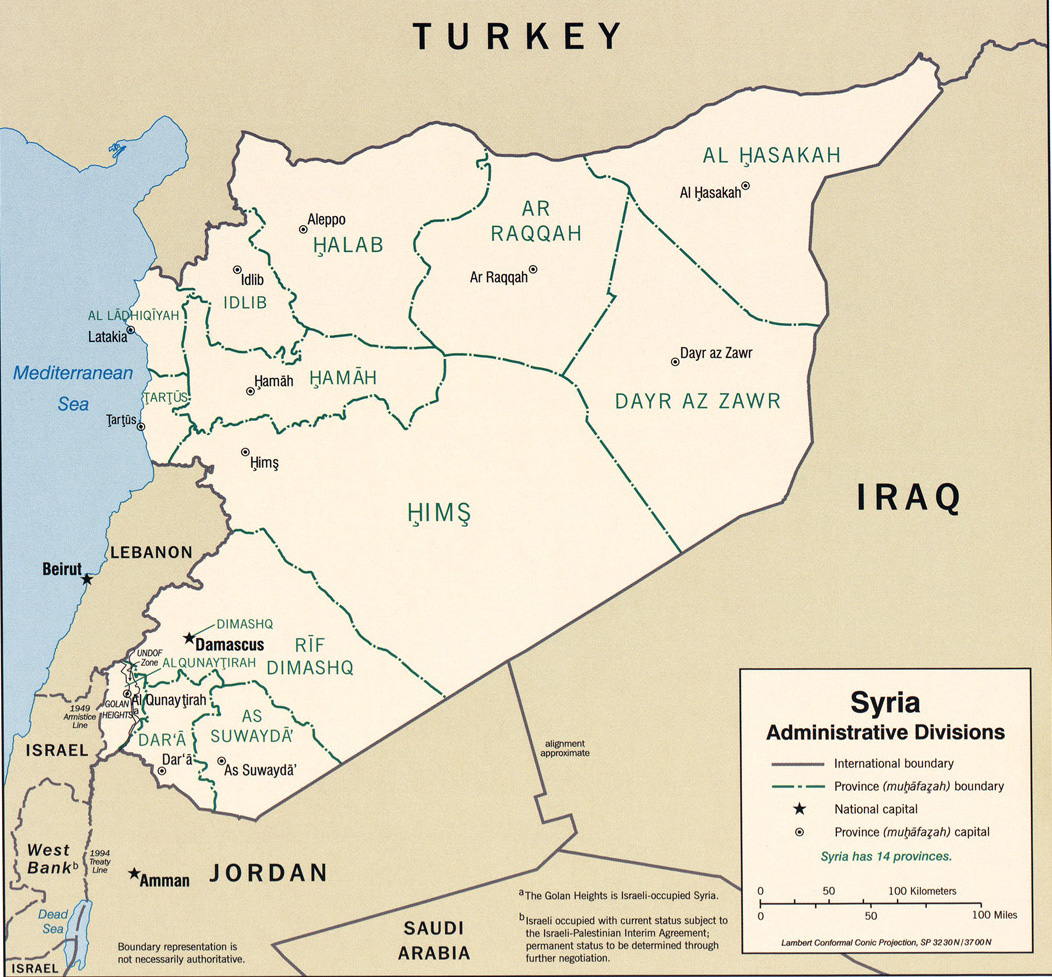
News of Syria’s war often makes it seem like the conflict is in the past. Take the announcement this week that US officials in Los Angeles had recently arrested Samir Ousman al-Sheikh, a Syrian military official who ran Adra prison outside Damascus, infamous for torture, and later served as governor of Deir ez-Zor province, where he oversaw a violent crackdown on protesters after the revolt against President Bashar al-Assad broke out in 2011. Al-Sheikh was arrested for immigration violations, and has not been charged with war crimes.
But the war is ongoing, and rights groups say that collective punishment against people who oppose (or once opposed) al-Assad are still happening now, including the recent mass seizure of assets in the Damascus suburb of Zakia. Since the start of the year, hundreds of residents have been affected under a Finance Ministry decree that allows such measures against suspected “terrorism” supporters. “The indiscriminate nature of these mass asset freezes in Zakia appears to reflect a broader strategy of collective punishment against communities in recaptured areas,” said Adam Coogle, deputy Middle East director at Human Rights Watch. “Weaponizing counterterrorism laws to justify unlawful asset freezes and seizures is a deliberate policy aimed at maintaining a climate of fear and repression in former opposition areas.”
A newly released report from the UN Economic & Social Commission for Western Asia (ESCWA) looks at sanctions targeted at al-Assad, which some have argued are actually not that targeted at all, impacting civilians across the country, effectively becoming another form of collective punishment. The vast majority of people ESCWA surveyed said that sanctions had impacted their lives in negative ways. Most said they were against unilateral sanctions, although notably—and perhaps unsurprisingly—attitudes differed depending on where respondents live inside Syria (and who controls that part of the country).
From The New Humanitarian, Juy 19. With additional material from Pubic Radio International.
Note: The Syrian anarchist thinker and progenitor of the revolution Omar Aziz died in Adrar prison in 2013.
See our last report on efforts to bring war crimes charges against Bashar al-Assad and members of his regime.
Map: PCL





Biden complicit in Assad regime ‘normalization’
The White House appears to be quietly abetting the Assad regime’s current bid for “normalization.” The Caesar Syria Civilian Protection Act, which imposes sanctions on individuals and entities directly linked to Assad’s military apparatus, is set to expire next year. The Assad Regime Anti-Normalization Act would extend the Caesar sanctions and punish countries seeking “normalization” with Damascus. It passed overwhelmingly in the House in February, but has stalled in the Senate. Charles Lister of the Middle East Institute tells NewsHour: “It stalled in the Senate because the Biden administration intervened and essentially used its influence on the Democratic side to squash any move to push it through the Senate. The administration has directly got involved here.”